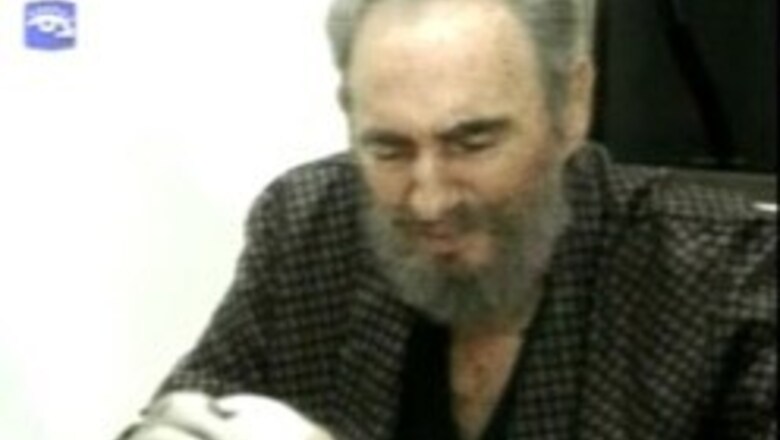
views
Havana: Fidel Castro announced his resignation as president of Cuba and commander-in-chief of Cuba's military on Tuesday, according to a letter published in the state-run newspaper, Granma.
The resignation ends nearly a half-century of iron-fisted rule that inspired revolutionaries but frustrated 10 U.S. presidents.
Castro revealed his plans without advance notice by publishing a letter in the middle of the night in state-run newspaper Granma.
"I will not aspire to, nor will I accept the position of president of the council of state and commander-in-chief," Castro wrote. "I wish only to fight as a soldier of ideas. ... Perhaps my voice will be heard."
The news is likely to send shock waves across the island and among the tens of thousands of Cubans who have sought refugee in the United States and other countries.
Castro, 81, captured the world's attention at the age of 32, when the bearded revolutionary led a band of guerillas that overthrew a corrupt dictatorship in 1959. He went on to become a thorn in Washington's paw by embracing communism and cozying up to the Soviet Union.
Castro reigned in Havana with an iron hand, defying a punishing U.S. economic embargo designed to dislodge him.
Castro received treatment for intestinal problems in 2006 and transferred many powers to his brother, Raul, who is generally seen as more pragmatic and has been less inclined to deliver the kind of long-winded speeches for which his brother is famous.
Ordinary Cubans have wondered whether a change in power in Cuba will lead to lower food prices, higher salaries and more freedom to travel.
To leftist revolutionaries around the world, Castro, with his ubiquitous military fatigues and fiery oratory, became a hero and patron. But for hundreds of thousands of his countrymen who fled into exile rather than live under his thumb, he became an object of intense hatred.
PAGE_BREAK
Castro clung stubbornly to a socialist economic model and one-party Communist rule, even after the Soviet Union disintegrated and most of the rest of the world concluded that state socialism was a bankrupt idea whose time had come and gone.
"The most vulnerable part of his persona as a politician is precisely his continued defense of a totalitarian model that is the main cause of the hardships, the misery and the unhappiness of the Cuban people," said Elizardo Sanchez, a human rights advocate and critic of the Castro regime.
And yet, his defenders in Cuba point to what they see as social progress made under Castro's revolution, including racial integration and universal education and health care. Instead of communism, they blame the U.S. embargo for the country's economic woes.
"What Fidel achieved in the social order of this country has not been achieved by any poor nation, and even by many rich countries, despite being submitted to enormous pressures," said Jose Ramon Fernandez, a Cuban vice president.
His staying power was a source of irritation to Cuban exiles, who never imagined he would last that long.
"We came here with a round-trip ticket ... because we thought the revolution was going to last days," said Rep. Ileana Ros-Lehtinen, the first Cuban-American elected to Congress, who came to Florida as a child. "And the days turned into weeks, and the weeks to months, and the months to years."
Unlike other communist leaders, who went to great lengths to keep their people from fleeing to the free world, Castro occasionally allowed disenchanted Cubans to leave, with most going to the United States.
Between 1965 and 1973, 261,000 Cubans left in a U.S.-organized airlift. In 1980, Castro let another 125,000 leave in the chaotic Mariel Boatlift, including criminals let out of Cuban jails who brought a violent crime wave to Florida.
However, during periods when Castro cut off sanctioned emigration, people were forced to flee the island nation in makeshift boats across the treacherous Straits of Florida.
The center of the exile community was Miami, Florida, where the Cuban American National Foundation became a powerful lobbying group courted by U.S. politicians. For more than four decades, efforts to lift the embargo against Cuba went nowhere, thanks to the political pressure from the exile community.
Castro's brother, Raul, the country's defense minister, had been named publicly as his successor. But the departure of the charismatic leader whose identity became inseparable from his revolution raises questions of how long his system can survive without him.
PAGE_BREAK
Castro was born on August 13, 1926, in Oriente Province in eastern Cuba. His father, Angel, was a wealthy landowner originally from Spain; his mother, Lina, had been a maid to Angel's first wife.
Though he grew up in wealthy circumstances, Oriente was a poor area wracked by a peasant rebellion in Fidel Castro's formative years, which is thought to have influenced his political leanings.
Educated in Jesuit schools, Castro went on to earn a law degree from the University of Havana and became a practicing attorney, offering free legal services to the poor. In 1952, at the age of 25, he ran for the Cuban parliament. But just before the election, the government was overthrown by Fulgencio Batista, who established a dictatorship that put Castro on the road to revolution.
In 1953, Castro was one of about 150 fighters who attacked a military barracks in an unsuccessful attempt to overthrow Batista. The attack made him famous throughout Cuba, but it also earned him a 15-year prison sentence.
He was released in 1955 as part of an amnesty for political prisoners and lived in exile in the United States and Mexico, where he organized a guerilla group with his brother, Raul, and Ernesto "Che" Guevara, an Argentine doctor-turned-revolutionary.
The next year, 81 fighters landed in Cuba. Most were killed; the Castros, Guevara and other survivors fled into the Sierra Maestra Mountains along the southeastern coast, where they waged a guerilla campaign against the Batista government that finally brought it down in 1959.
While the United States quickly recognized the new Cuban government, tensions arose after Castro began nationalizing factories and plantations owned by American companies. In January 1961, Washington broke off diplomatic ties.
Less than four months later, a group of CIA-trained Cuban exiles, armed with U.S. weapons, landed at the Bay of Pigs in Cuba in an attempt to overthrow Castro. The operation turned into a disaster for the U.S. and the exiles, with many of the exile fighters killed or captured.
Two weeks after the Bay of Pigs, Castro formally declared Cuba a socialist state.
In October 1962, Cuba became the focus of a tense world crisis, after the Soviet Union installed nuclear weapons in the country. Alarmed by the specter of having such weapons so close to major U.S. cities, President John F. Kennedy demanded the Soviets remove them and quarantined the island, bringing the world to the brink of nuclear war.
In the end, the Soviet Union backed down and removed the weapons.
Through the years, Castro was the target of scores of CIA assassination attempts. He took delight in the fact none of them ever succeeded.
"I have never been afraid of death. I have never been concerned about death," he once said.
As for Castro's private life, he is believed to have fathered eight children with four different women. His longtime companion, Dalia Soto del Valle, is the mother of five of his sons.














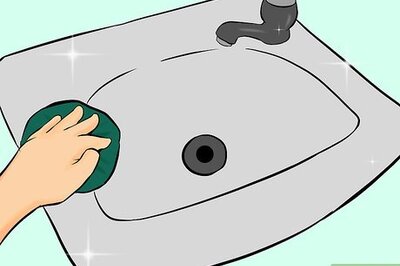
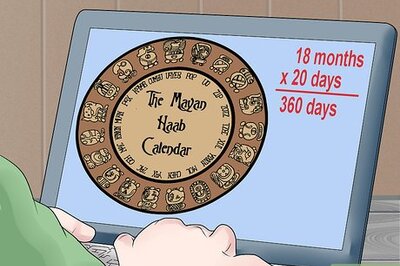
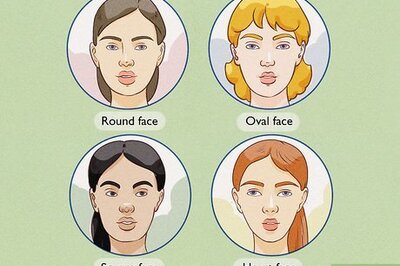
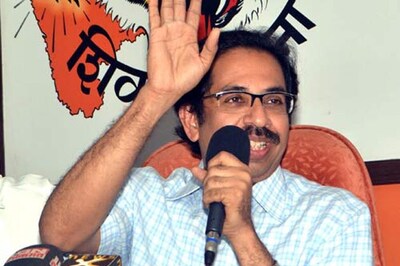
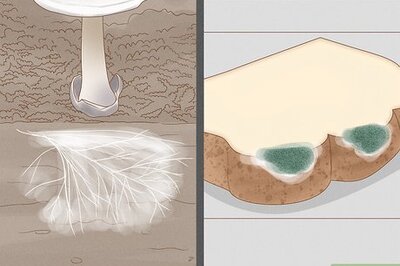
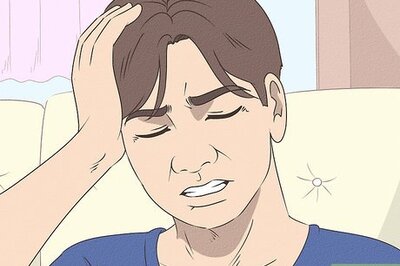
Comments
0 comment